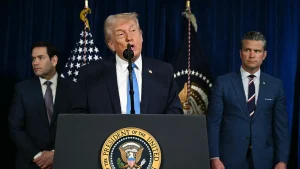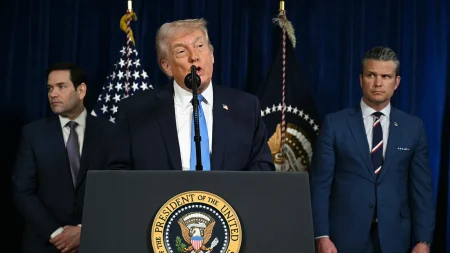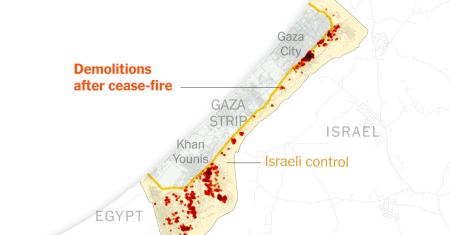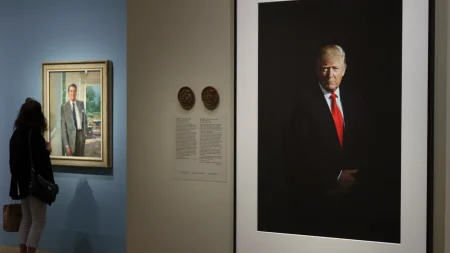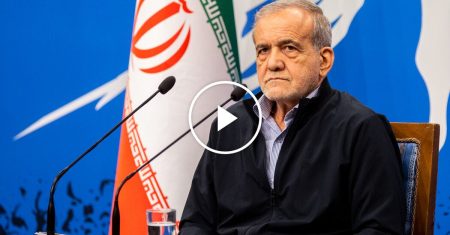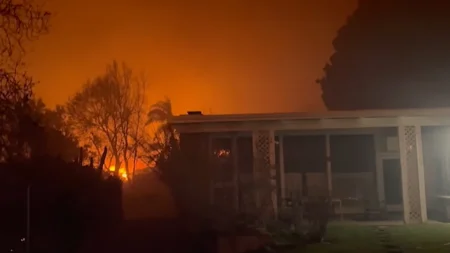Exiled Former Prime Minister Convicted of Crimes Against Humanity
In a significant development within the international justice system, a former prime minister has been convicted of crimes against humanity in a trial conducted in their absence. The conviction stems from the leader’s role in orchestrating a violent suppression of civilian protests that occurred in their home country last year. This brutal crackdown resulted in numerous casualties and widespread human rights violations, leading to international condemnation and eventually to formal charges.
The former leader, who fled their country and currently resides in exile, faced a tribunal that proceeded with the case despite their physical absence from court proceedings. This type of “in absentia” trial, while controversial in some legal circles, is permitted under certain international law frameworks when defendants deliberately avoid appearing before the court. The conviction represents a formal acknowledgment of the severity of the actions taken against protesters who were advocating for political reform and greater democratic freedoms in their country.
The violent suppression of protests included the deployment of military forces against unarmed civilians, resulting in numerous deaths, disappearances, and documented cases of torture. Witness testimonies, video evidence, and international observer reports played crucial roles in establishing the former prime minister’s direct involvement in ordering and overseeing these brutal tactics. The court found that these actions constituted a systematic attack against the civilian population, meeting the legal threshold for crimes against humanity.
While the conviction carries significant legal and symbolic weight, challenges remain regarding its enforcement given the former leader’s exile status. The convicted former prime minister currently resides in a country that may not have extradition agreements with the nation where the trial was conducted, creating a complex international legal situation. Human rights organizations have welcomed the verdict as an important step toward accountability, though they acknowledge the difficulties in bringing the former leader to serve their sentence.
For the victims and their families, this conviction represents a partial measure of justice after experiencing profound loss and suffering. Many survivors of the crackdown have formed advocacy groups to document human rights abuses and to ensure the international community remains engaged with their cause. The verdict provides these groups with legal validation of their accounts and strengthens their position in seeking reparations and institutional reforms within their country.
The case highlights broader questions about accountability for political leaders who commit serious human rights violations while in power. It adds to a growing body of international legal precedents suggesting that high office does not provide immunity from prosecution for grave crimes. As the international community continues to develop mechanisms to address such violations, this conviction stands as a reminder that justice, though sometimes delayed and complicated by political realities, remains a fundamental aspiration in the global pursuit of human rights protection.


